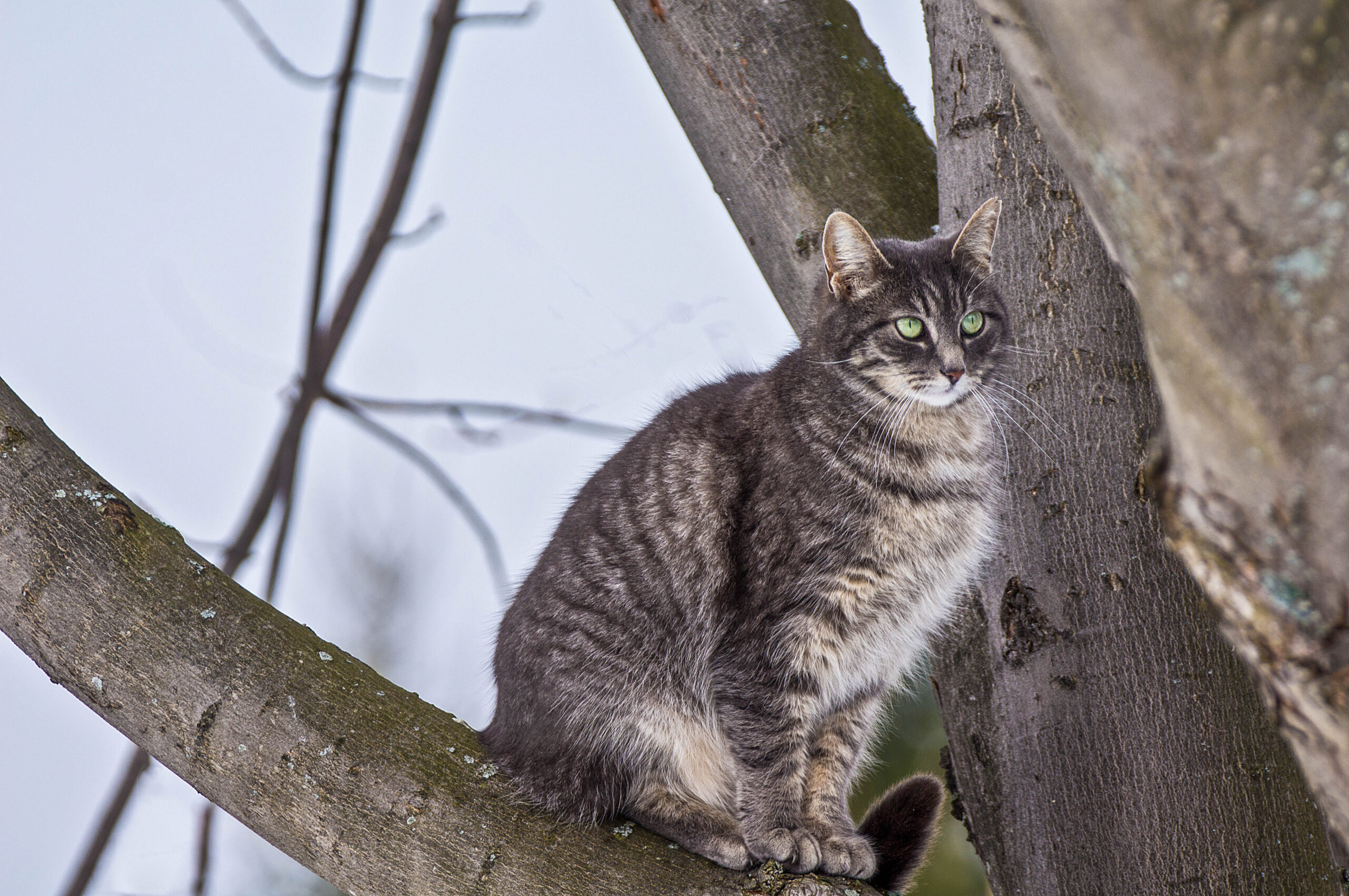A group of Westover residents are expressing outrage after a growing number of community cats have been found dead, all showing signs they may have been poisoned.
While it is hard to say exactly how many cats from this particular colony have been killed or injured, residents in the Dunkard Avenue/Snyder Street area estimate they have found between 20-30 in just the past week or two.
One Snyder Street resident said she called police when she found a very-sick cat near her home one night, in hopes of getting the animal to an emergency veterinarian, but the cat ran, and they were unable to catch it.
“The next morning I went to go look for the cat to see if it was okay” she said. “Then I found two more cats dead … then I talked to my maintenance man who said he found seven cats dead from poison.”
Community cats, sometimes referred to as feral, are domestic cats who live outdoors that do not have an owner. Many of these cats will congregate in groups, which inevitably leads to breeding, which can then lead to a large population of cats in an area.
Many times, communities are divided regarding the existence of community cat colonies — one side considering them a nuisance, the other arguing irresponsible owners are to blame, not the cats who did not choose to be in this situation.
There are numerous community cat colonies throughout Monongalia and Preston counties and local animal advocates do their best to care for them.
The Humane Society of the United States says that while community cats are often referred to as “feral” — which means having escaped from domestication and returned to a wild state — the majority of them do still rely on humans for support.
They estimate 10-12% of the American public provides community cats with food and fresh water, with some also providing dedicated or makeshift shelters for them during the colder months. Many of those Samaritans even get the cats medical care if they are sick or injured.
The situation in Westover, however, has grown beyond what those who care for the colony can handle alone.
The issue has caught the attention of the Westover Police Department, which agrees a large number of cats appear to have been poisoned. They have launched an investigation into what, or who, may be killing animals.
Westover Police Chief Joe Adams said investigators have already questioned one person of interest in the case and are currently looking into several other leads as well.
The Dominion Post also reached out to several local animal rescue groups including Monongalia County Humane Society, Mountaineers for Mutts, The Davis Crew Kittens, Appalachian Peace Paws, Morgantown Stray and Feral, and others about possible solutions.
Unanimously, local animal advocates agreed that the only real solution is to reduce the population of homeless pets and the best way to do that is TNR, which stands for trap, neuter, release.
TNR involves putting humane traps out, or catching the cats in some other humane way, then taking them to a clinic to be spayed or neutered before releasing back to the area it came from. Cats that are fixed are not going to continue to re-populate the area.
Many of the local rescue groups take part in TNR and can offer assistance with how to trap community cats, as well as suggestions for where you can take a feral cat to be neutered. Most can also provide spay and neuter vouchers which will cover the cost of the surgery at local vet clinics.
“Then you can just let them live out their lives,” said Pat Smyth, with Mountaineers for Mutts.
Smyth said there are very few opportunities to re-home community cats and any cats not removed would continue to re-populate anyway, making TNR the best solution.
TNR groups have been active in the area for years — and there is a quick way to tell if a feral cat has already been spayed or neutered by TNR.
“If the tip of their ear is gone that means they have been TNR’d — they are fixed,” Smyth explained. “Now they’re great for keeping the mouse population down and there are definitely some benefits to having them around.”
It is unclear if any of the deceased cats had clipped ears, indicating they were part of a TNR, but Smyth, as well as other rescues and residents, say they have been doing TNR work in the area.
Anyone who may have information about someone poisoning cats is asked to call the Westover Police Department at 304-296-6576.
To truly work toward solving the community cat problem, Smyth said TNR programs must continue.
Area rescues and TNR organizations encourage everyone to help reduce the number of stray cats in the area by helping with TNR.
Any of the previously mentioned organizations as well as the Mountaineer Spay and Neuter Assistance Program (M-SNAP) and the Monongalia County Canine Adoption Center will be able to offer guidance on how to obtain free spay and neuter surgeries for community cats. SNIP WV, the high-volume spay and neuter clinic in Sabraton, also hosts Feral Free days specifically for TNR cats. For information about that program, contact the clinic at 304-943-7460, email info@snipwv.org or visit the website at Spay Neuter Clinic | SNIP WV | United States.
TWEET @DominionPostWV




